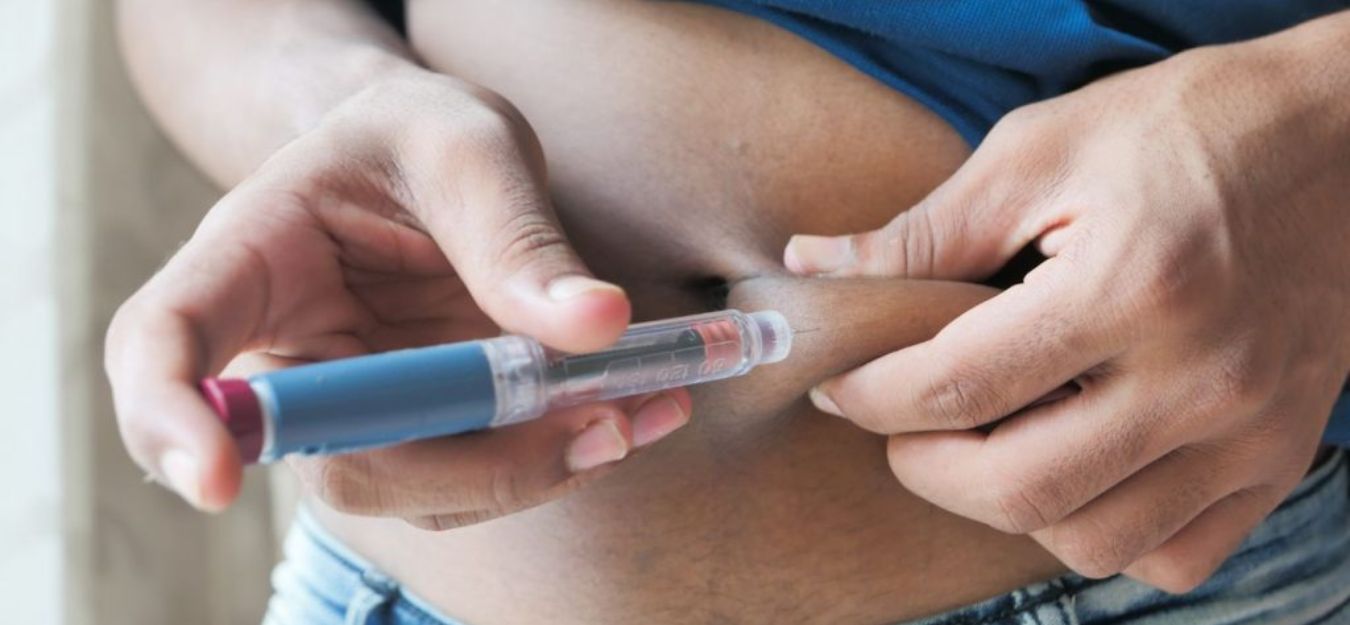Balancing Blood Sugar
These days, it feels like there is a pill for everything. With the advancement of modern medicine, there have certainly been advances in the available medications. But does that mean that we should jump to medication to fix everything?
If you have insulin resistance, you should certainly take medication if recommended by your provider. Insulin resistance is nothing to mess around with—it can lead to type 2 diabetes and metabolic syndrome. However, it is worth discussing supplements for insulin resistance if they may help to reduce yours.
Please note that, as with all supplements, you should discuss them with your provider before taking them because they can interact with various medications.
What is Insulin Resistance?
Insulin resistance occurs when blood sugar levels become higher than they should be. Typically, the body takes glucose from the bloodstream for energy. It uses insulin to do this. When insulin resistance is present, the pancreas makes increasingly more amounts of insulin because the muscles, fat and liver do not respond well to insulin. Eventually, blood sugar levels increase until prediabetes and type 2 diabetes occur.
The risk for Insulin resistance is increased by:
- Excess weight.
- Physical inactivity.
- Having a parent or sibling with type 2 diabetes.
- African American, Alaska Native, American Indian, Asian American, Hispanic/Latino, Native Hawaiian or Pacific Islander American ethnicity.
- Having a history of gestational diabetes.
- Polycystic ovarian syndrome (PCOS).
- A history of a heart attack or stroke.
- Having certain medical conditions, such as hyperlipidemia or hypertension.
The Top 5 Supplements for Managing Insulin Resistance
As a reminder, no one supplement is recommended to reduce insulin resistance. There is also limited research that indicates that supplements can reduce insulin resistance. That being said, there are several that show some promise. Here are our top five picks of supplements for insulin resistance.
1. Vitamin D
Is there anything that vitamin D can’t do?
According to the American Diabetes Association, various studies have shown a correlation between low vitamin D levels and type 2 diabetes. For example, one study indicated that a higher vitamin D level might equate to lower insulin resistance. Researchers say, “...this might indicate that vitamin D3 is a protective factor in the occurrence of insulin resistance because it helps lower inflammation, and inflammation raises your risk for insulin resistance.”
Additionally, a meta-analysis in the research journal, Nutrients, also noted, “...a small but statistically significant decrease in HbA1c in the short-term intervention subgroup (<6 months). Vitamin D lowered [insulin resistance] HOMA-IR and fasting insulin compared with placebo.”
2. Alpha Lipoic Acid
Alpha lipoic acid (ALA), an antioxidant, seems to be used for various medical conditions these days - and for a good reason.
According to the Saudi Medical Journal, a study was performed that indicated that those receiving ALA had significant reductions in fasting blood glucose and insulin resistance, as well as an improvement in insulin sensitivity. Researchers also concluded that ALA might improve diabetic complications.
3. Chromium
Chromium may help with blood sugar levels in several ways. According to Dr. Weil, “This mineral helps stabilize blood sugar, may improve serum lipid profiles and may help the body utilize glucose and burn fat.”
Nutrients indicate that further research is required to prove its efficacy; “...only short-term intervention (<12 weeks) showed a statistically significant improvement in HbA1c, while dosage had no impact.”
4. Magnesium
Magnesium, another wonder supplement, has a myriad of effects on the body. Research indicates that people with low magnesium levels tend to have higher insulin and blood sugar levels. It then stands to reason that supplementing with magnesium may improve insulin resistance.
Nutrients, however, indicate that magnesium supplementation may aid in the reduction of fasting blood glucose levels but not necessarily insulin resistance. However, some studies on animals indicate that magnesium supplementation reduces insulin resistance. The moral of the story? Further research is needed.
5. Probiotics
Your healthcare provider may have recommended probiotics for gut health. Did you know that probiotics may also help your blood sugar levels?
According to Nutrients, “In a meta-analysis by Cao, et al. of 17 studies, probiotic supplementation was associated with statistically significant, though modest, reductions in FBG and HbA1c in T2D compared with placebo.” This tells us that a significant amount of research studies indicate that probiotic supplements have shown a modest reduction in fasting blood sugar and A1c levels.
Not all probiotics are created equal. When searching for a probiotic, the following were the most commonly used types in the 17 studies:
- Lactobacillus genus.
- Bifidobacterium genera.
- L. acidophilus.
- L. casei.
- L. reuteri.
- B. bifidum.
- B. longum.

